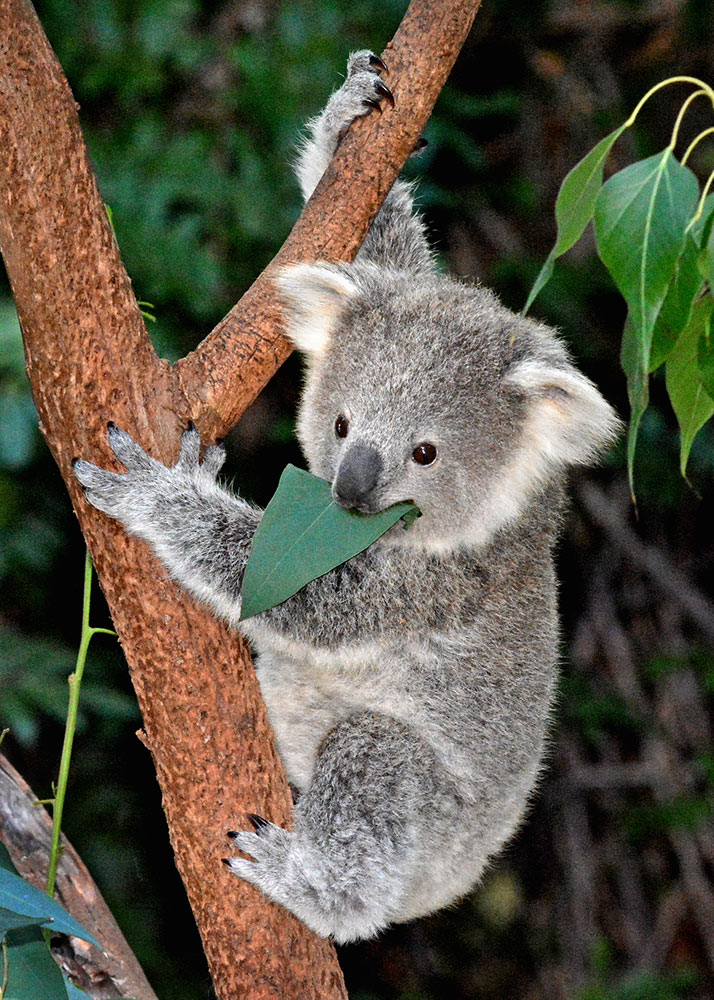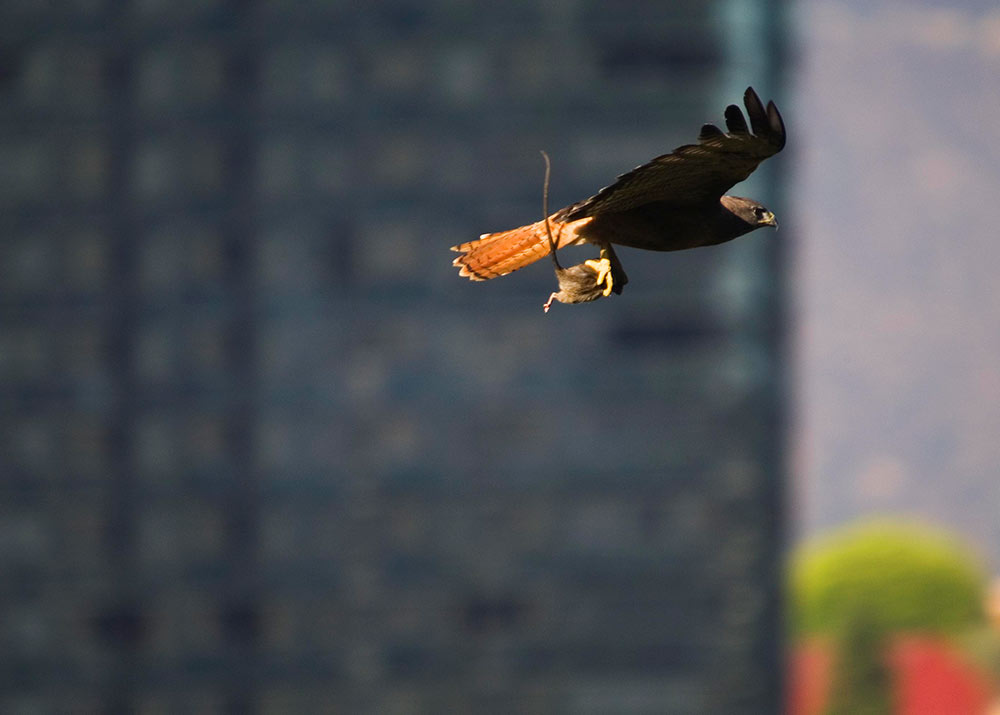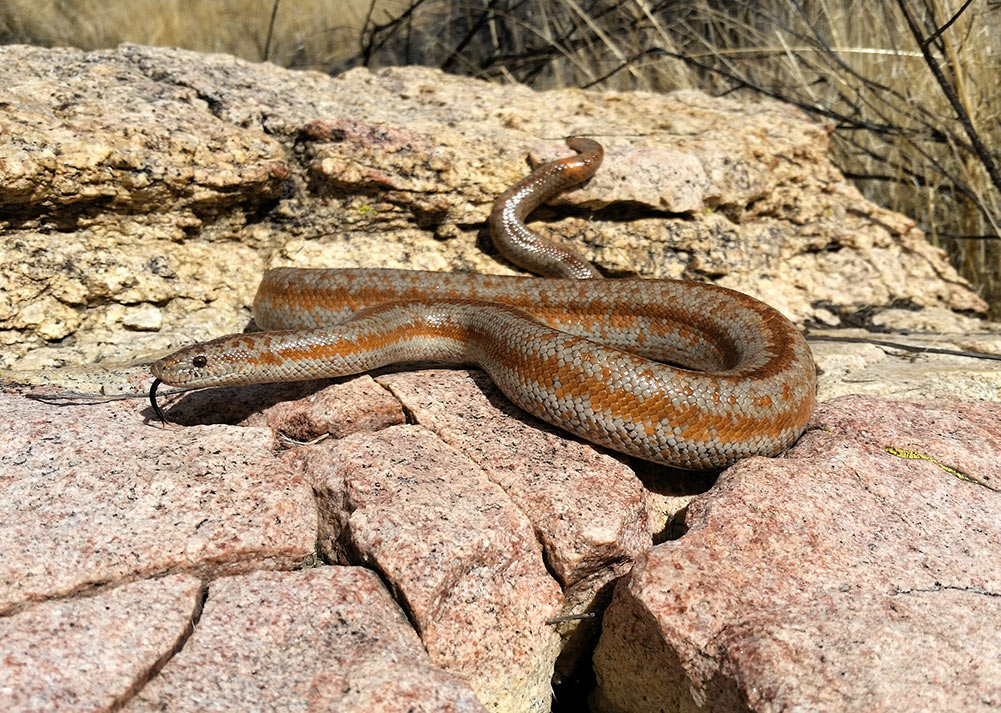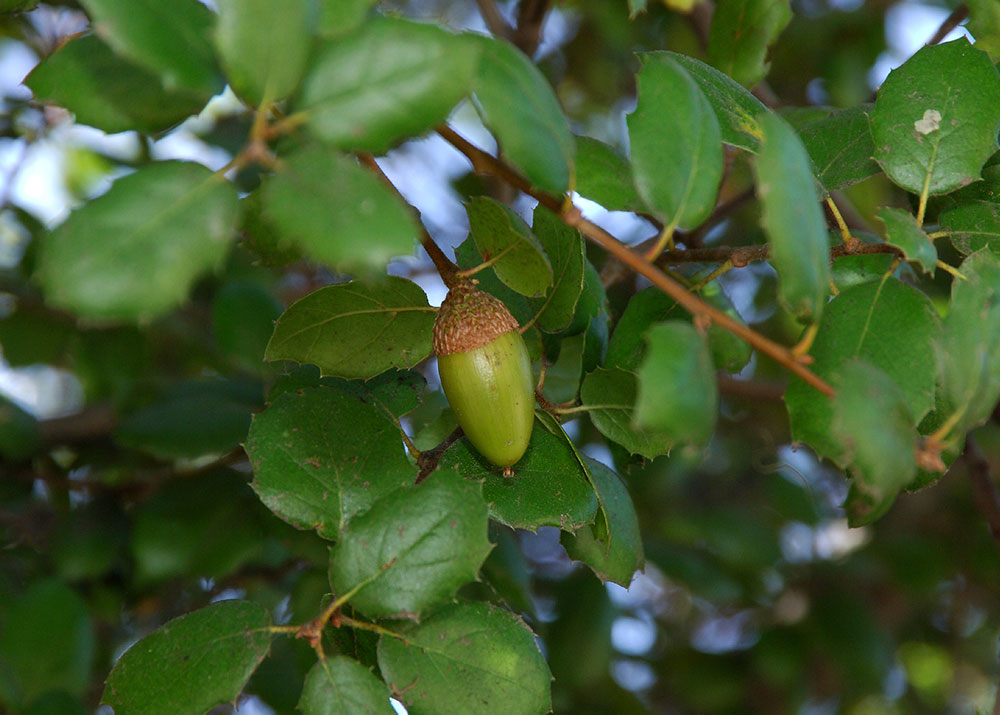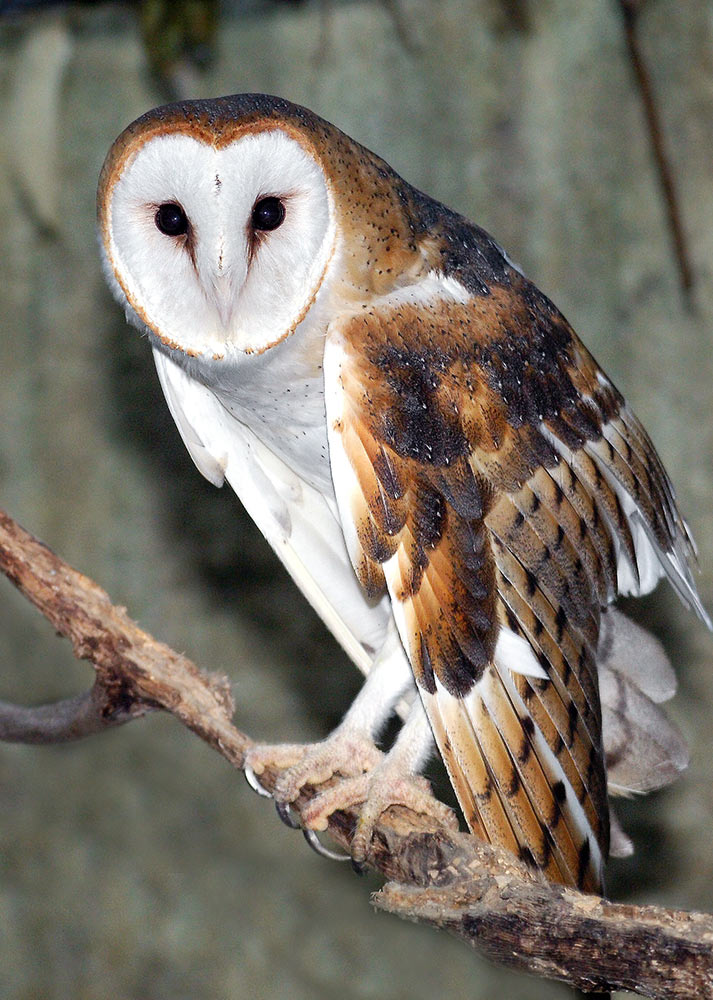L.A. Zoo Launches Second Season of Sustainable Wine+Dinner Events

New in the Zoo
March 1, 2018
Zoo Update
March 1, 2018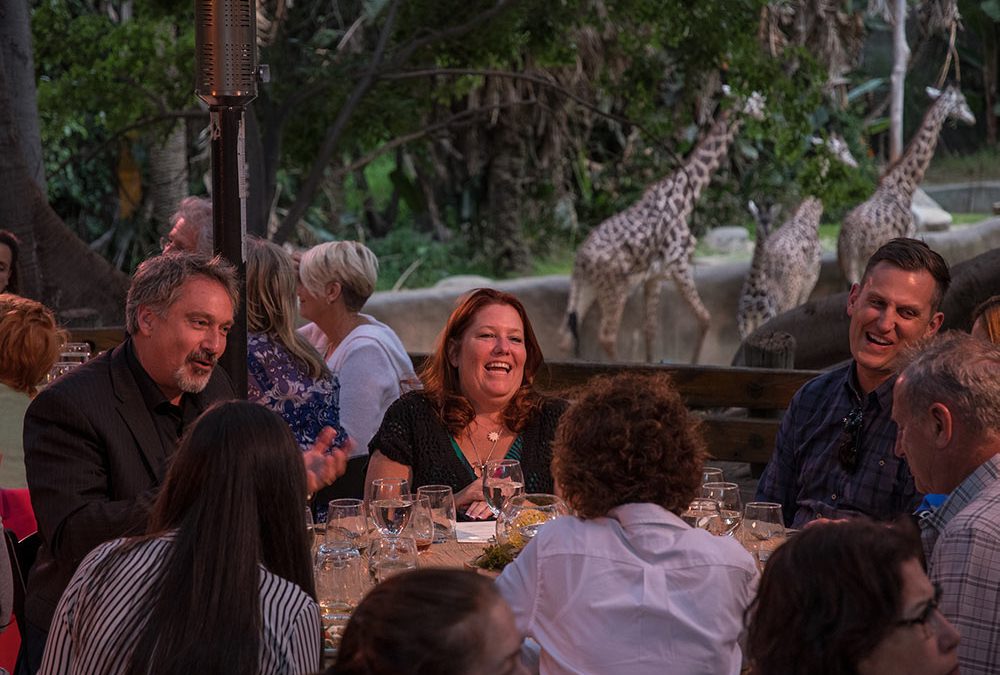
Photo by Jamie Pham
Southern California is one of only five Mediterranean climate zones in the world and is America’s top wine-producing state. As with so many conservation and environmental policies in which the Golden State has led the way, many of California vintners are striving to find greener ways to produce wines. The L.A. Zoo’s Sustainable Wine+Dinner series, which launches this month, celebrates local vineyards that have made a commitment to sustainable practices in the art of viticulture.
Kicking off this year's series on March 22 is Fiddlehead Cellars of Lompoc. Founder Kathy Joseph established her vineyard in 1989 to capture the pure essence of two distinguished varietals—Sauvignon Blanc and Pinot Noir. Before falling in love with viticulture, Kathy was on course to pursuing a career in medicine with degrees in microbiology and biochemistry, disciplines that, as it happens, play a significant role in winemaking.
At the March dinner in our Australia habitat, Animal Keeper Kevin Gorowski will introduce guests to the Zoo's koalas and share insights on how microbiology and biochemistry have made it possible for this marsupial species to survive on a diet that would be toxic to other animals. In order to care for koalas, the Zoo must provide fresh eucalyptus daily, a feat made possible by our climate, which is almost identical to that of Queensland—the northeast state of Australia and a region where wine production has a history that dates back to the mid-nineteenth century.
The San Francisco-based Wine Institute is a trade organization that promotes economic and environmental sustainability in the California wine industry. Its forward-thinking policies and initiatives encourage its members to pursue green practices in every stage of wine production, from implementing energy- and water-saving measures to practicing Integrated Pest Management (IPM) protocols that help reduce the need for chemical fertilizers, herbicides, and insecticides.
Having passed a rigorous inspection by the Wine Institute, Ramona Ranch Vineyard has been certified a sustainable vineyard. This winery has focused on sustainability since it was established in 2004, and recently was also recognized by the National Wildlife Federation as a Certified Wildlife Habitat. The vineyard features wind-turbine and solar generators, owl boxes, and an insectary that attracts beneficial bugs and birds to improve the bio-diversity of the farm. A wide range of wildlife thrives here, including several raptor species (red-tailed and Cooper's hawks plus the occasional golden eagle) and beneficial snakes such as the coastal rosy boa. Guests at the April 26 Sustainable Wine+Dinner will learn about the important role that our local raptors and reptiles play in California's ecosystems with Curator of Reptiles and Amphibians Ian Recchio.
Some of Robert Hall Winery's sustainability practices include preserving and restoring the Paso Robles property's native oak trees, and offering protected habitat for wildlife. Cover crops are grown between the vines to decrease soil erosion. Located throughout the vineyards are owl boxes that are specifically designed to attract barn owls, which manage pests. On May 31, special guest presenter Lili Singer of the Theodore Payne Foundation for Native Plants and Wild Flowers and L.A. Zoo Curator of Birds Mike Maxcy will provide a colorful overview of the importance of native plants and natural pest control in conserving our unique California landscape for future generations.
Two generations of vintners are actively involved in producing the extraordinary wines of Santa Margarita's Ancient Peaks Winery. The featured vineyard for the June 28 dinner represents the shared vision of three longtime local winegrowing and ranching families—the Filipponis, Rossis, and Wittstroms.
Wineries can make a commitment to sustainable practices that will ensure the health of their vineyards and the surrounding habitat for generations to come. Zoos make commitments to protect endangered species by maintaining sustainable populations of the animals in human care. At the June dinner, guests will discover what makes the Los Angeles Zoo's chimpanzee program a model for zoos around the world, and how our support and expertise are applied to vital conservation efforts in the field. Curator of Mammals Candace Sclimenti will introduce our multi-generation troop, one of the largest in North America, and share stories about her recent trip to Cameroon to consult with Limbe Wildlife Centre and Ape Action Africa.
Tickets to each evening in the series are $150 per person/$140 per GLAZA member. Seating is limited, and advance online ticket purchase is required. The event is open to adults aged 21 and older. Programs and dinner locations subject to change.


